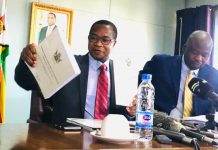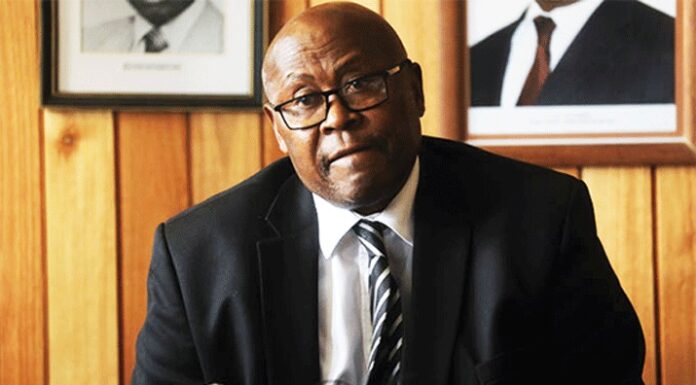HARARE – Finance Minister Mthuli Ncube addressed Parliament regarding ongoing payment delays to Members of Parliament, which he attributed to “cash constraints.” He emphasized that these financial challenges are not new but have been exacerbated by ongoing issues in the economy, including inflation and fluctuating foreign exchange rates.
These delays are significantly affecting public infrastructure initiatives, particularly road construction, resulting in halted progress.
Masimba Holdings, a prominent government contractor, recently flagged these “liquidity challenges” as obstacles to project execution, despite having a robust order book. The company cautioned that if such financial pressures continue, Zimbabwe’s economic growth could potentially shift toward contraction in the near term, which would have further implications for job creation and overall economic stability.
In light of these developments, Ncube called for collaboration between the government, private sector stakeholders, and financial institutions to develop innovative financing solutions that could alleviate these cash flow issues. He expressed optimism about the potential for public-private partnerships to facilitate critical infrastructure projects.
Responding to concerns about the sluggish payment pace, Ncube assured that the Treasury is actively creating payment plans for contractors while reiterating the government’s commitment to clearing these arrears. He cited recent disbursements, including approximately US$30 million for the Harare−Masvingo−Beitbridge Road and related Greater Harare road projects, as well as US$35.2 million allocated for dam construction initiatives. Additionally, he noted the settlement of around US$17 million in arrears across various other sectors, emphasizing that these payments are vital for maintaining the momentum of infrastructure development.
The Minister also highlighted that timely payments are essential not only for project completion but also for ensuring that local businesses and contractors can sustain their operations during challenging economic times. He underscored the need for a transparent communication strategy with contractors regarding payment schedules to help them manage their cash flow effectively.
Ncube emphasized the government’s contribution to the growth of local construction firms since the inception of the “Second Republic” seven years ago, underscoring the strong partnership that has developed. “If you look back to seven years ago when we entered as the Second Republic, many of these contractors were nonexistent. They were nearly created from the ground up and empowered through government infrastructure programs,” Ncube explained.
“While we acknowledge the existence of arrears that need to be settled, we are making progress, settling these debts incrementally while encouraging contractors to undertake new work. It’s crucial that we foster an environment conducive to growth in the construction sector, which in turn creates jobs and stimulates the economy.”
Opposition MP Corban Madzivanyika from the Citizens for Coalition Change expressed doubts about the sustainability of the government’s current payment pace, given the substantial US$1.2 billion debt. He highlighted concerns from the Zimbabwe Building Contractors Association regarding the discrepancy between the payments being made and the scale of outstanding obligations, questioning whether the government’s current strategy is sufficient for achieving the anticipated development.
In response, Ncube reaffirmed the existence of “payment arrangements” with contractors and a commitment to fostering a constructive relationship with them. He reiterated the government’s plans to enhance the payment program for better consistency, stating, “We will continue on the current payment programme and work to improve it for greater regularity. We are committed to making payments until all arrears are resolved. It is our intention to build trust and ensure that all stakeholders are on board as we work to stabilize and grow our economy.”
Ncube’s remarks reflect a broader recognition within the government of the urgent need for fiscal discipline and strategic investment, setting a hopeful tone for potential future recovery and growth in Zimbabwe’s economy, provided that these challenges are addressed effectively.













